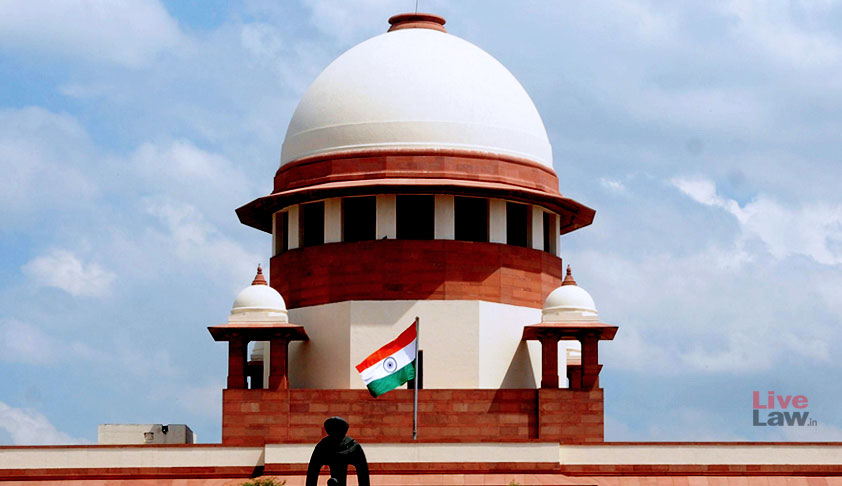#MeToo: SC Refuses Urgent Hearing Of Plea For Registration Of FIRs, Fast Track Trial Courts, Etc.
Apoorva Mandhani
22 Oct 2018 1:41 PM IST

Next Story
22 Oct 2018 1:41 PM IST
The Supreme Court on Monday refused to urgently hear a petition filed by a lawyer seeking registration of FIRs based on allegations of sexual misconduct and assault levelled by women across various sectors during the #MeToo movement.A Bench comprising Chief Justice Ranjan Gogoi and Justice SK Kaul said that the petition will come up for hearing in the regular course.The court has been...
